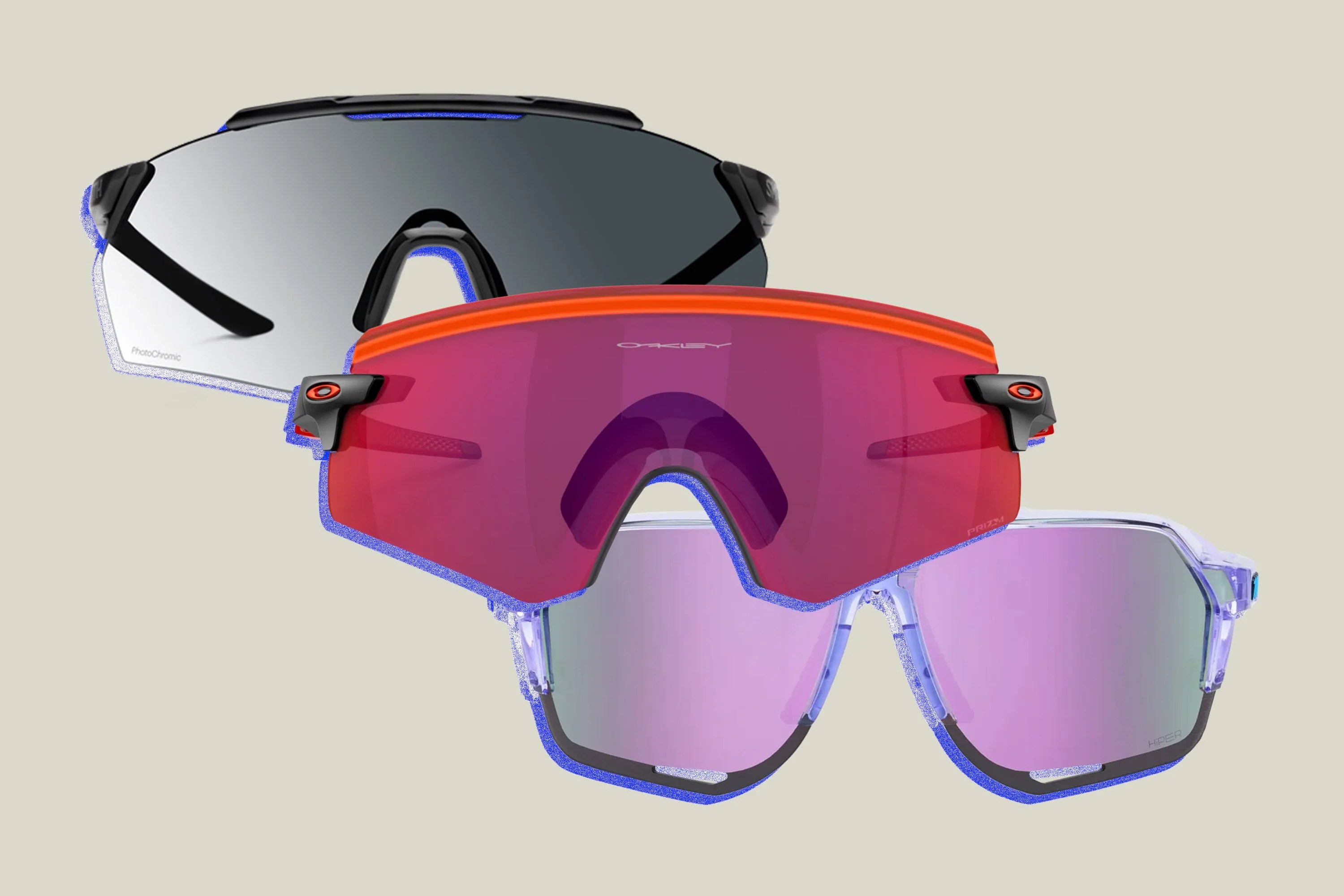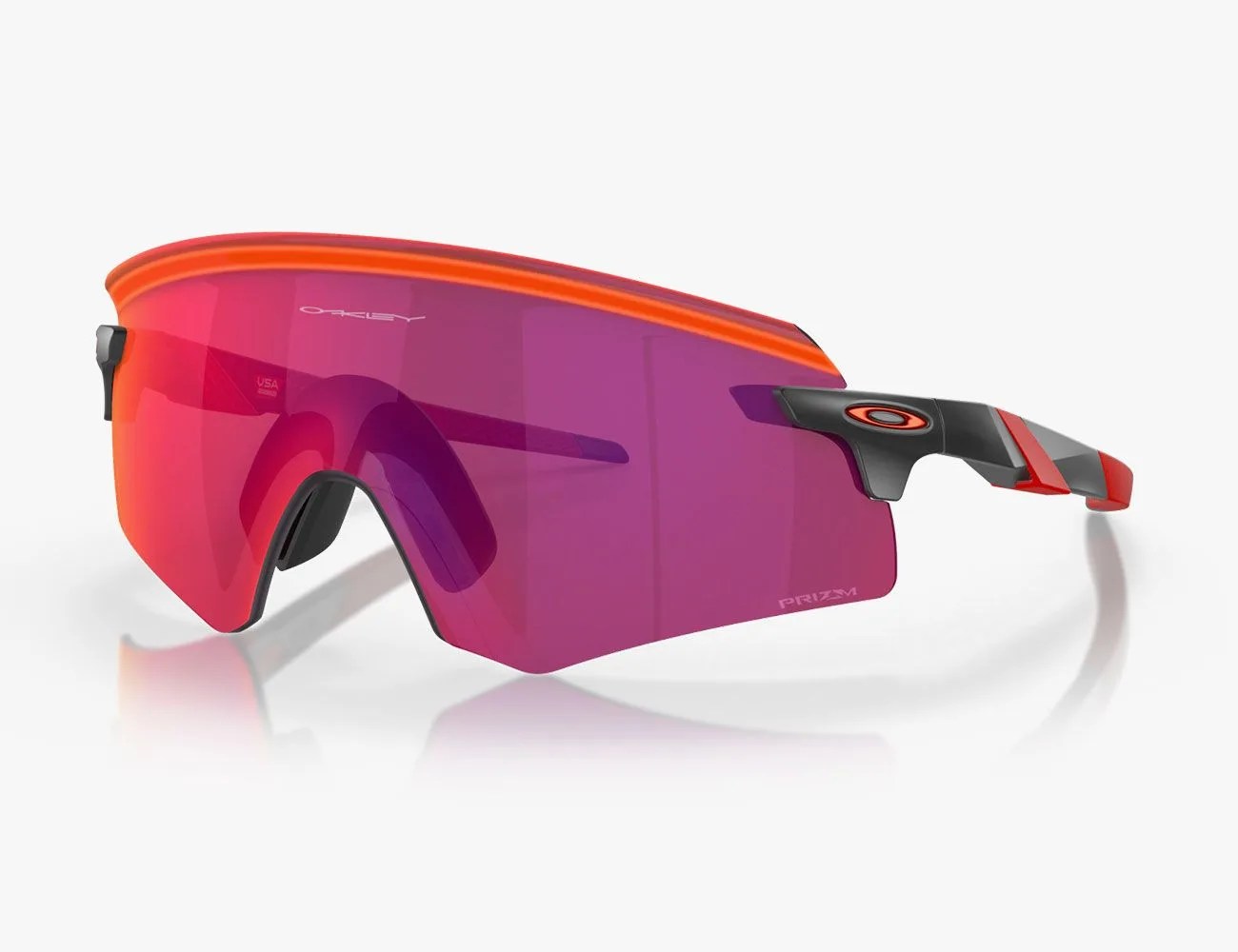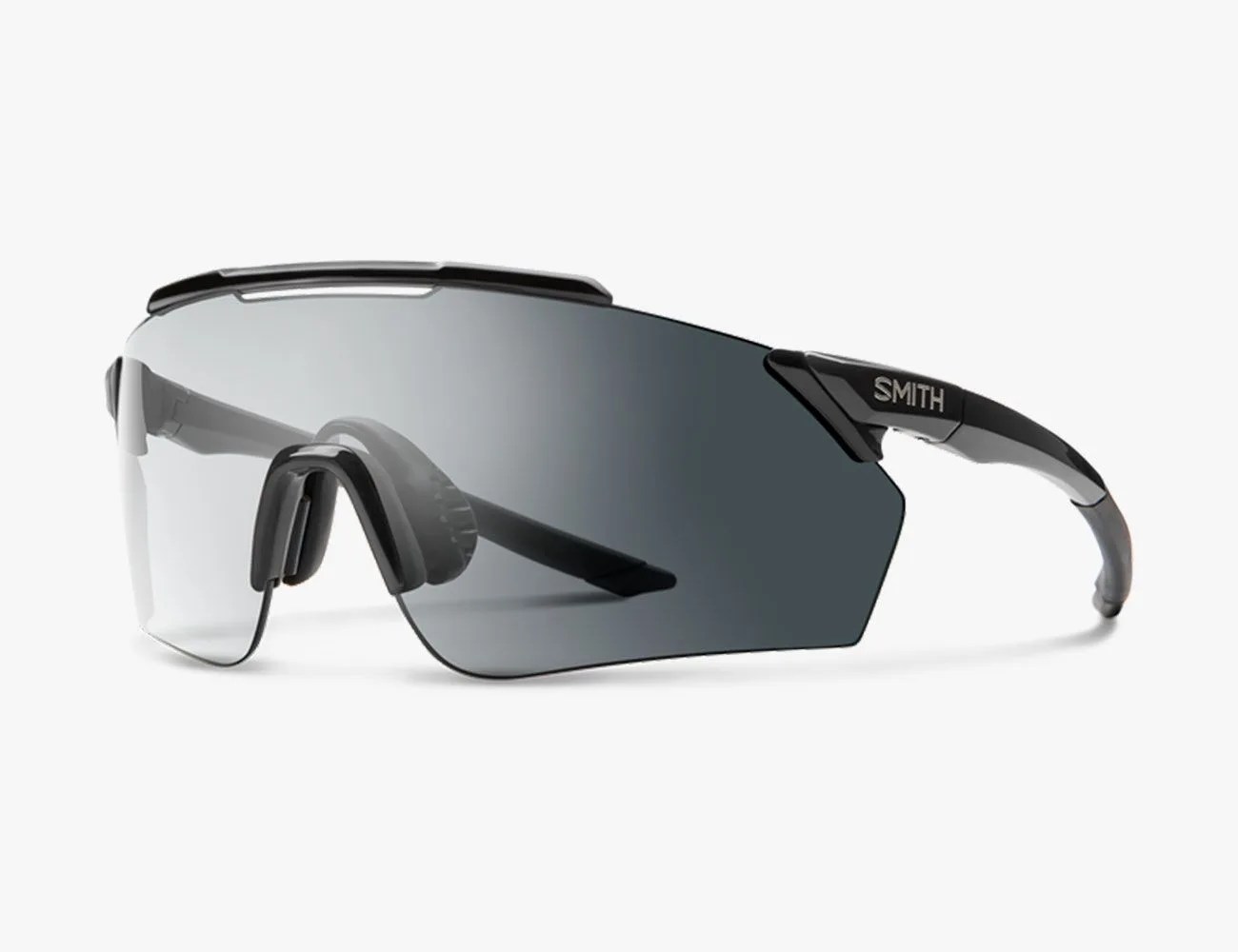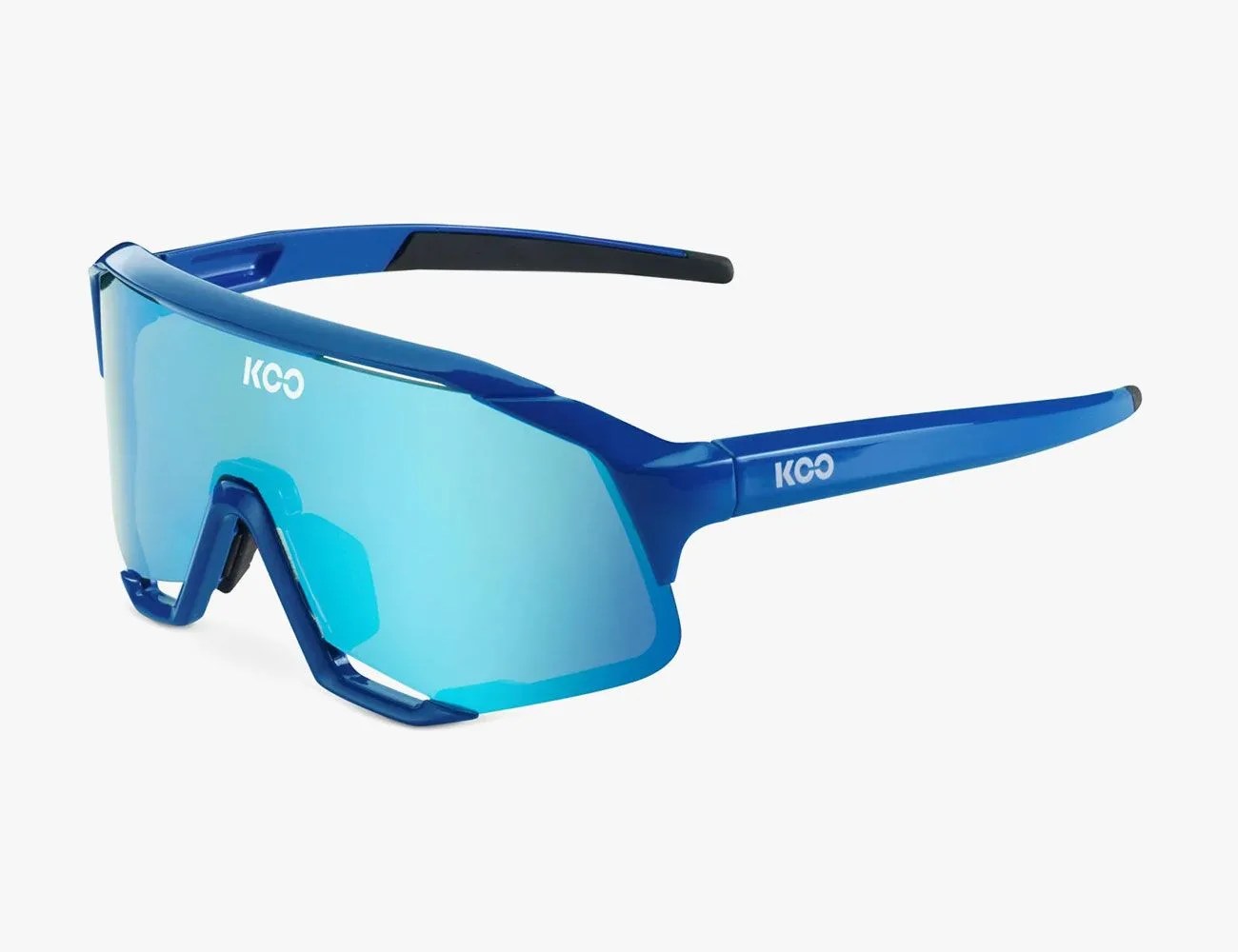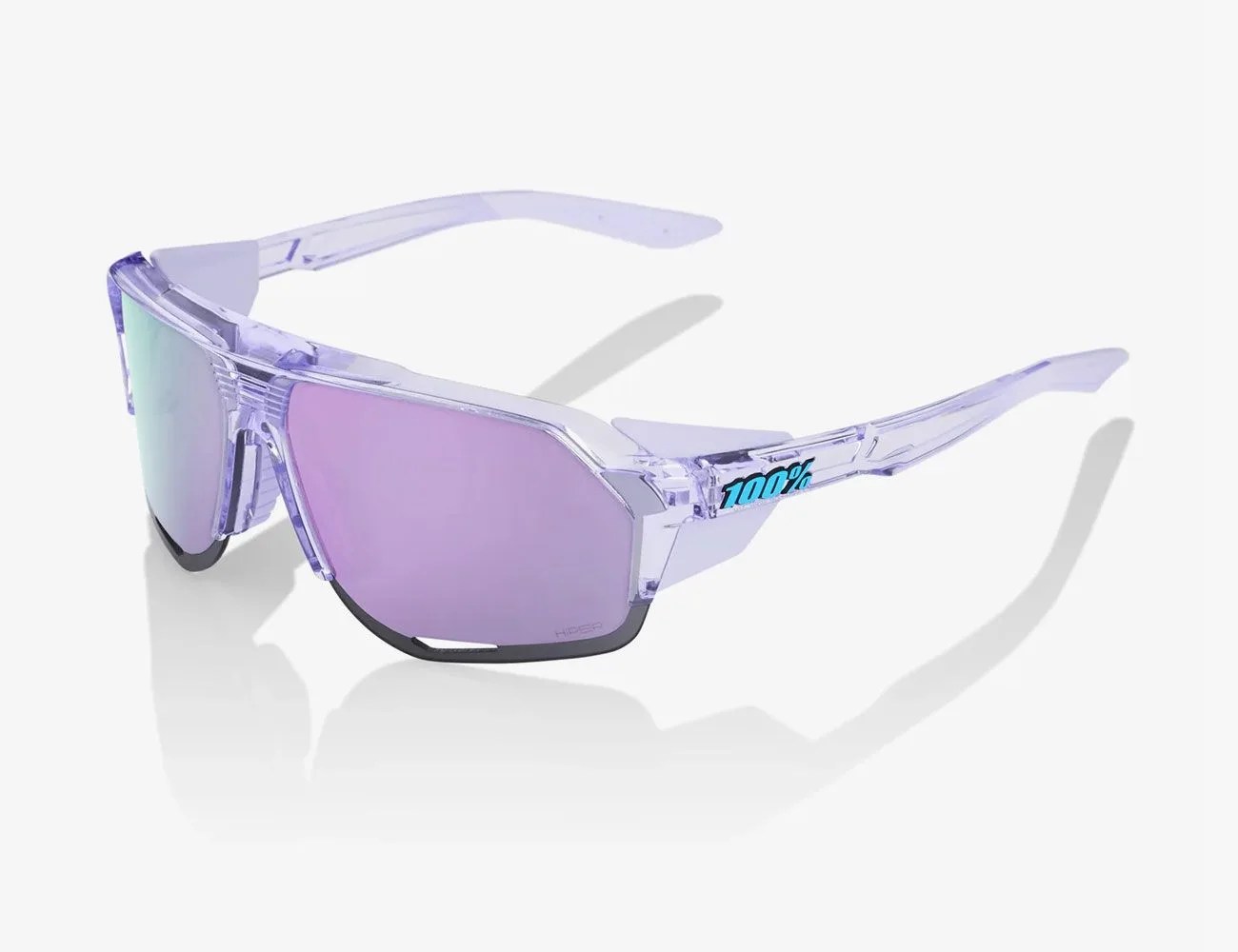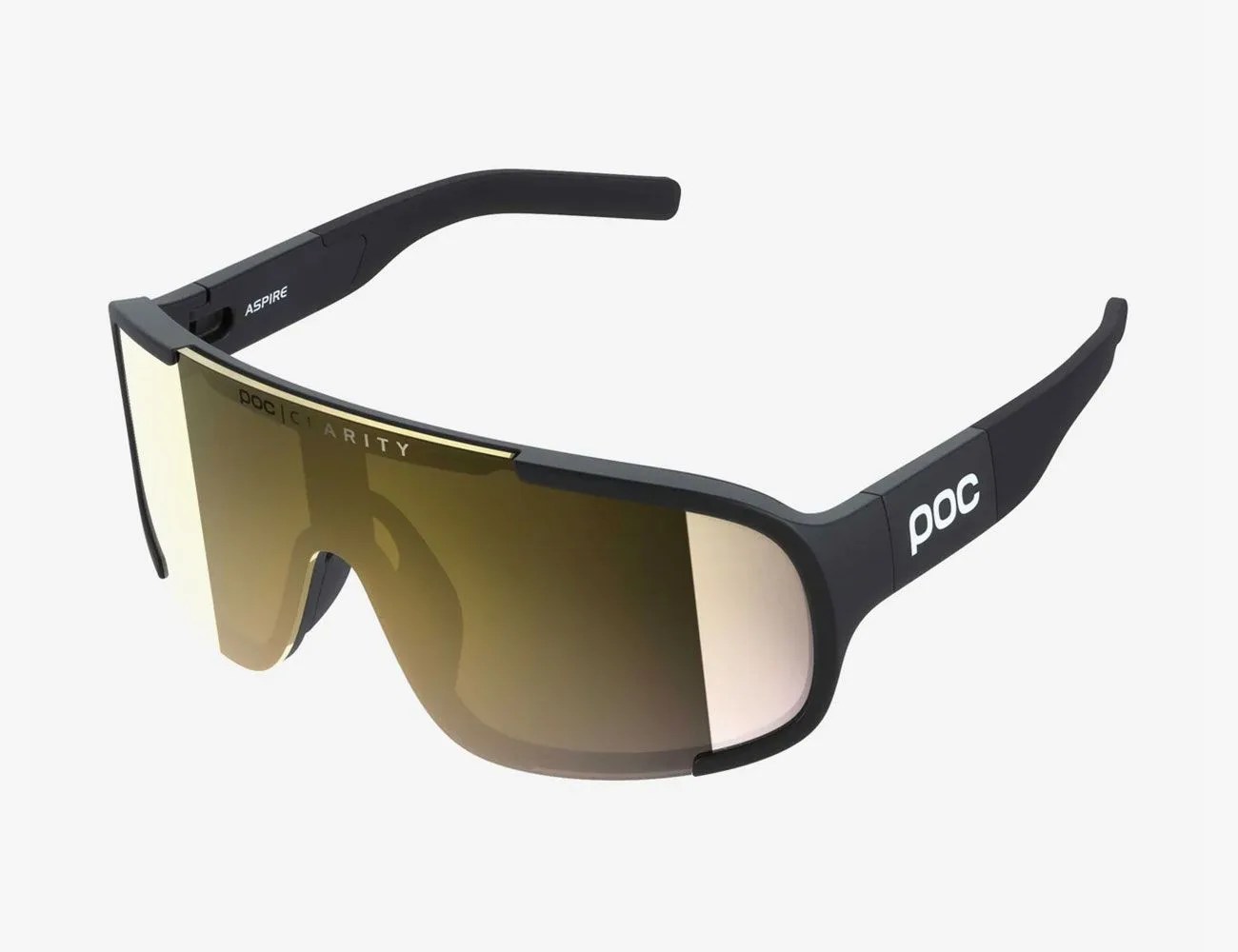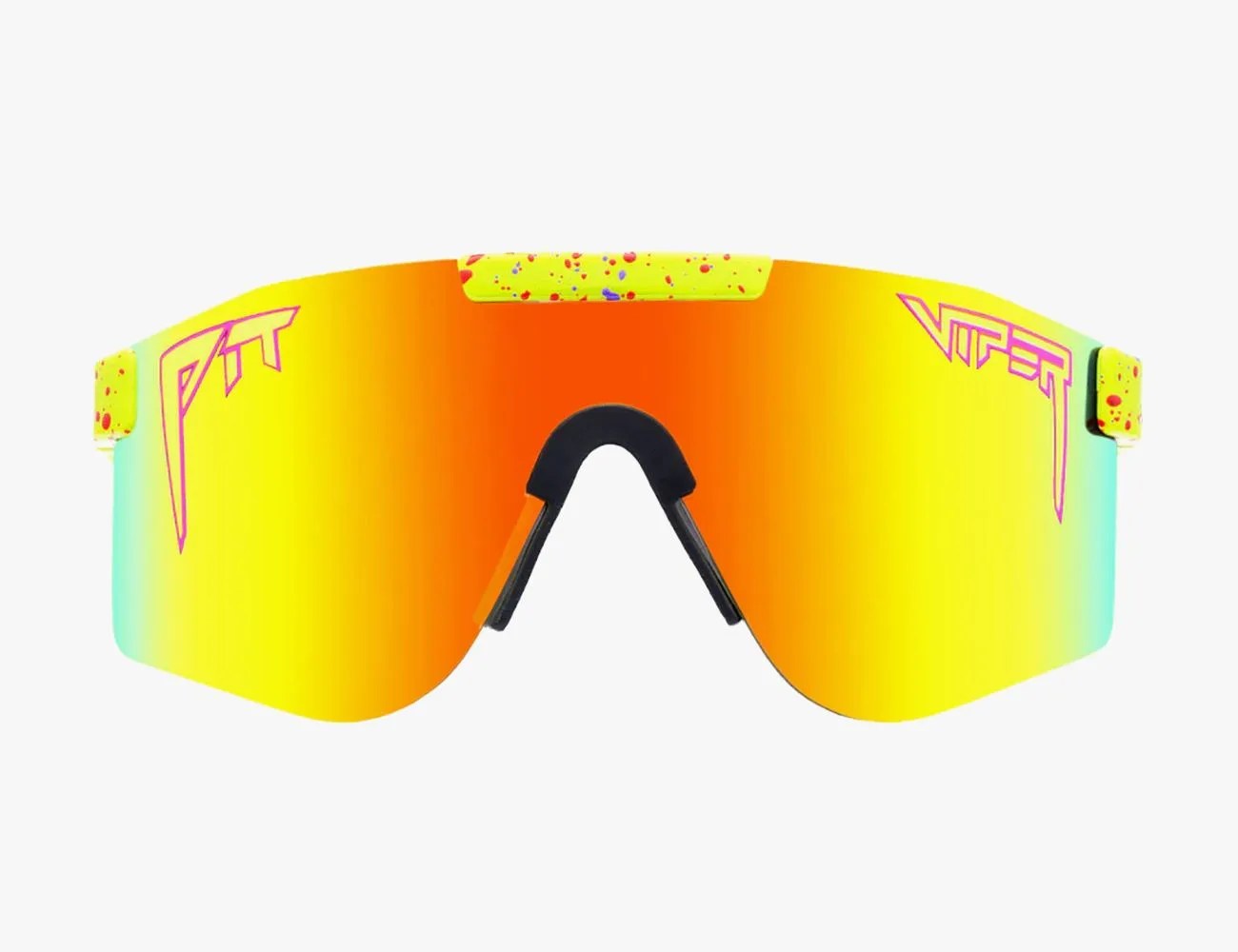Picking which pair of sunglasses you’ll wear to complete your bike kit is no easy task. Not only are there a dizzying array of options on the market, but the jargon around the integrated tech can be confusing at best — and indecipherable, at worst. (I just want to block the sun from my eyeballs, people!)
Lucky for you, the technology in many mid-to-high-end sunglasses is comparable across brands; in other words, as long as you’re buying from a brand that focuses on quality, it doesn’t matter as much which brand you end up choosing your sunnies from. To that end, you can focus more on style, knowing substance is built in.
Products in the Guide
-
Oakley Encoder
Best Overall Cycling Sunglasses
Read more -
Smith Ruckus
Best Upgrade Sunglasses for Cycling
Read more -
Koo Demos
Best Affordable Cycling Sunglasses
Read more -
100% Norvik
Coolest Cycling Sunglasses
Read more -
POC Aspire
Most Comfortable Cycling Sunglasses
Read more -
Pit Viper The Originals, The 1993 Polarized
Best Retro-Inspired Cycling Sunglasses
Read more
Which features should I look out for when shopping for cycling sunglasses?
The three tenants of selecting items for your kit (and for outdoor gear in general) are comfort, durability and some degree of customization / versatility. If you’re investing in quality gear, you want it to fit well and be comfortable to wear over long and short periods of time; you want it to last for years without needing to be replaced; and you want it to conform to the varying environments it will inevitably be asked to perform in.
For cycling sunglasses in particular, this means: finding a frame size and shape that works with your face; having a solid replacement/warranty program in case components break; and having a selection of interchangeable lenses to meet the needs of shifting light and conditions.
